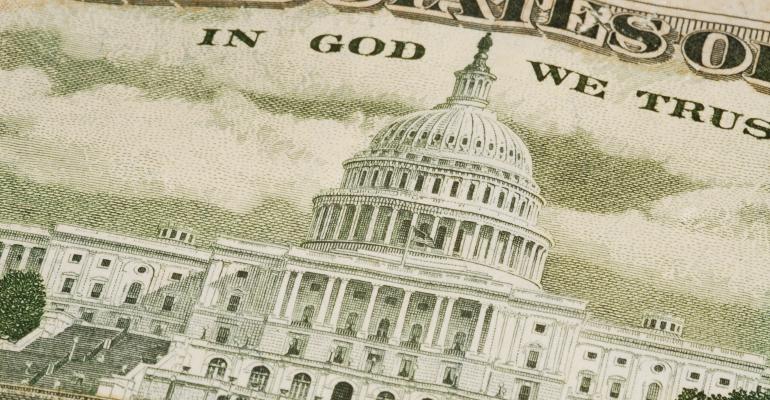Earlier this month, the U.S. Congress passed the National Defense Authorization Act, which included the Anti-Money Laundering Act of 2020. The new law substantially adds to the powers the U.S. Department of Justice (DOJ) has to subpoena documents from non-U.S. financial institutions that maintain a correspondent account with a financial institution in the United States. The new law grants DOJ the power to subpoena records from such non-U.S. financial institutions even if the records are unrelated to the U.S. correspondent account and are located outside the United States.
Prior to these changes, DOJ relied on powers under the Patriot Act, so-called Bank of Nova Scotia subpoenas or mutual legal assistance treaties (MLATs), to gain access to non-U.S. bank account records. However, these processes have their limitations. The Patriot Act is limited to obtaining records relating to the U.S. correspondent account. Bank of Nova Scotia subpoenas permit DOJ to obtain broader bank or business records located outside of the U.S. by serving a subpoena on a branch of the financial institution located in the U.S., even where the production of such records would violate the foreign country's secrecy laws. However, Bank of Nova Scotia subpoenas can only be served on non-U.S. banks with a U.S. branch, which limits their reach. Further, U.S. prosecutors must receive written permission from the Office of International Affairs (OIA) within the DOJ before issuing such subpoenas. MLATs, finally, are perceived as being cumbersome, also require permission to file from the OIA, typically take a long time to get a response, and the U.S. prosecutor is dependent on the competent authority of the receiving nation to reply. The new subpoena power addresses these shortcomings.
Key Provisions
The crux of the new law is that it expands the subpoena power of DOJ to subpoena any account of a non-U.S. financial institution with a U.S. correspondent account, including records maintained outside of the United States, even if there’s no connection of the foreign account with the financial institution's U.S. correspondent account. The authority may be exercised to request not only transaction-related records but also any client and account-related records that are subject to any violation of U.S. criminal law.
The new law also adds additional pressure points to enhance compliance with a subpoena issued under it. Specifically, the law:
- Imposes a potential civil penalty of $50,000 per day for failure to comply with a subpoena;
- Prohibits the non-U.S. financial institution from pointing to a non-U.S. banking secrecy or confidentiality law as the sole basis for quashing the subpoena;
- Requires that records submitted by a non-U.S. financial institution must be authenticated consistent with the U.S. Federal Rules of Evidence;
- Prohibits banks and their employees from notifying an account holder whose records have been requested by the subpoena. Violation of this prohibition can result in an additional penalty of double the amount of the criminal proceeds sent through the correspondent account or $250,000 if no such proceeds can be identified; and
- Imposes additional financial penalties for a U.S. financial institution that fails to close correspondent accounts held by non-U.S. banks, which don’t comply with a subpoena.
Possible Implications
The coming months should provide us with a first glimpse of how the DOJ makes use of these new powers. What appears certain, however, is that non-U.S. financial institutions now have greater offshore exposure to U.S. investigations. Non-U.S. financial institutions should expect an increase in requests for information relating to non-U.S. based accounts for account holders who are both U.S. and non-U.S. persons. In addition, we can expect that employee interactions with account holders who have an account subject to the subpoena will also face closer scrutiny. What isn’t entirely clear is the extent to which these new powers will be used in a situation where the United States and the relevant foreign jurisdiction have an MLAT. For example, if DOJ already has a robust process in place with a country, it’s likely, particularly under the Biden administration, that it will continue to use the processes laid out in the MLATs.
Further, as issues of sovereignty and comity are implicated, DOJ may put strict procedures around the issuance of these subpoenas, as they have with Bank of Nova Scotia subpoenas. Because governments may see this new law as another example of overreach by the United States, DOJ will likely not want to damage existing relationships by resorting to its new subpoena powers prior to exhausting existing avenues of inter-governmental information exchange.
Regardless, the new subpoena power is another significant tool for DOJ to seek evidence outside the United States, particularly where there’s no MLAT in place or the country receiving an MLAT is slow or unresponsive to the request, or where blocking or data privacy statutes are frequently used to object to MLAT requests.





